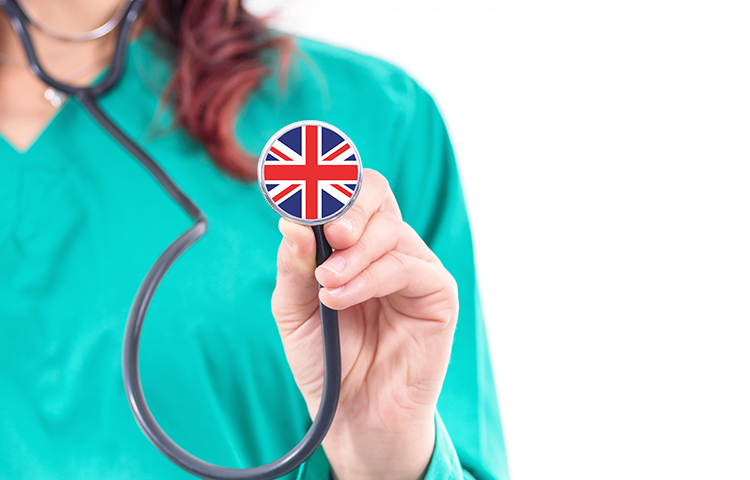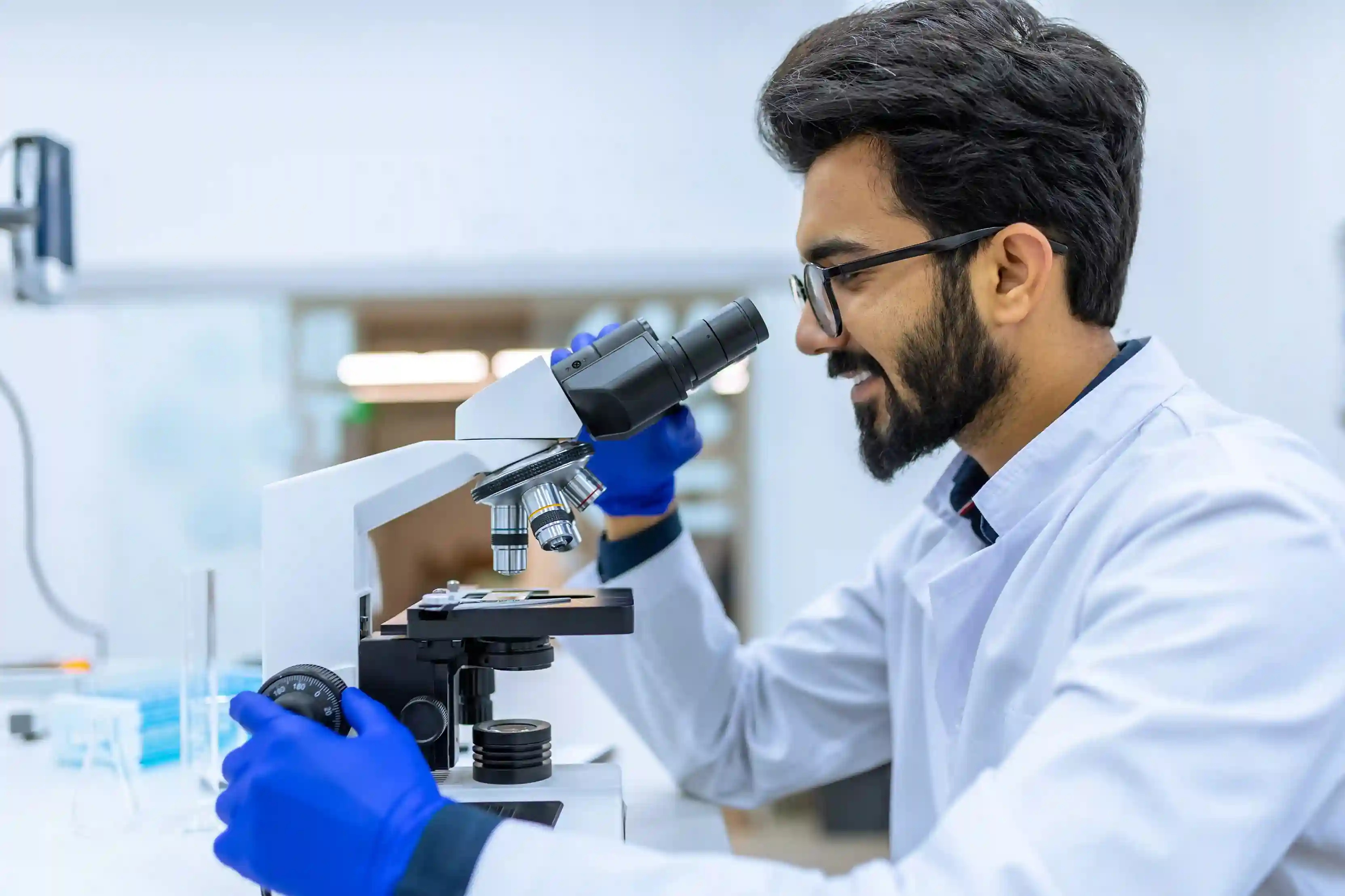What study abroad students must know about medical and health requirements
.png)
Students aspiring to study overseas must arrange various documents and meet certain eligibility criteria to get a student visa. Meeting health requirements as prescribed by your preferred destination and preparing the medical documents is part of the student visa process. If you wish to study overseas, here is some important information about medical requirements that you must know.
Key
Highlights
·
Why are the medical and health requirements
to study abroad important?
·
Basic medical and health
criteria to study abroad
o The
routine vaccination
o Your
prescription medicines
o Where to
do the tests?
o What
other details should you add to your medical records?
o Medical
kit and other preventive measures to follow
o Student health insurance
Why are the
medical and health requirements to study
abroad important?
Every nation will have its own set of rules that you
will have to follow to ensure you receive your student visa on time. The
rationale behind these popular academic destinations insisting on medical
documents is to ensure that students enter their boundaries without any
transmissible and/or non-transmissible illness. Please keep in mind that every
nation may have different requirements. So, it is best to know the specific requirement
of the country you plan to study.
Basic
medical and health criteria to study abroad
The
routine vaccination
Post-pandemic, Covishield/Covaxin has become one the
most important vaccines for everyone, including students, especially if you
plan to travel overseas. But check which vaccine is approved by your study
destination. Apart from this, several other vaccines and tests are mandatory.
For instance, to study in the USA, you need to get vaccinated against Measles, Mumps, and Rubella (MMR).
Countries like Canada and Australia will need your medical reports, including
X-rays and blood count reports. The UK will require you to be Tuberculosis-free
and will need X-rays too.
Some common vaccinations:
·
Chickenpox
·
Hepatitis A and B
·
Tuberculosis
·
Human Papilloma Virus (HPV)
·
Influenza
·
Ebola
·
MMR
·
Polio
·
Rotavirus
· Tetanus
Your
prescription medicines
If you are currently on any prescription medicines,
it is wise to communicate the details to the authorities during your visa
interview (if asked). Also, please keep the required stock of medicines with
you when you fly abroad. You are likely to find prescription medicines when you
travel abroad. However, it is best to pack them, so they last for a few weeks
until you settle in the new environment.
Where to
do the tests?
Most countries now require you to have the records
of the full body check-up done from empanelled health centres/hospitals/clinics.
These tests need to be done in your home country so you can produce the medical
records to the authorities during your visa application process. Once your
health check-up at these health centres is completed, you shall receive your
medical reports in a few days. Please keep them handy, as these medical records
have to be submitted to receive a student visa.
What
other details should you add to your medical records?
Apart from the records of the full-body check-up,
your empanelled doctor may also ask you about your medical history,
prescription medicines (if any), eyeglass prescription and health insurance
information. The information will be noted and passed on to you so that you
submit these documents along with other health and medical mandates.
Medical
kit and other preventive measures to follow
No matter which country you travel to, you will have
easy access to hospitals and healthcare centres for serious problems. However,
it is best to carry some essential medicines and other first-aid kits to
address small health issues. Also, to be prepared for any emergency till
medical help arrives, it is best to keep the medical kit ready.
Your medical kit must include the following:
·
Prescribed medicines
·
Motion-sickness medicine
·
Bandages, cotton and
band-aids
·
Sanitisers
·
Insect repellents
·
Health insurance card
Student
health insurance
In case of emergencies, medical bills can be super
expensive and stress you out in the absence of any relevant travel and health
insurance policy. Your student health insurance will be your best friend when
you travel overseas as it covers major costs such as hospitalisation and
medical expenses.
·
Pro Tip: Student health insurance
policy from your home country will be affordable compared to international
medical plans. So, it is best to research the best student health plan in India
that gives you the maximum benefits.
So, now that you know these
essential health and medical criteria
to study abroad, you can start your academic journey planning. We understand
that overseas education involves multiple costs; hence we at Avanse Financial
Services offer an education loan for studying
abroad.
The
student loans we offer, cover the holistic cost of education, including tuition
fees, accommodation costs, living expenses, learning devices and other
education-related costs. If you have any queries, please connect with us. We
will be glad to partner with you on your academic journey.



Wanting to study abroad
but stuck on finances?
Avanse will help overcome obstacles.
We always aim to offer you competitive interest rates on your Avanse Education loan.
The rate of interest on your loan is calculated as: Interest Rate = Avanse Base Rate +
Spread.
Our current Base Rate is 14.55% (WEF 01.12.2024).
The Spread is floating and is based on analysis of overall credit and course profiling.
- Rate of interest on student loan will be floating in nature.
- Interest is calculated using Simple Interest Rate with Monthly rest.
This rate is subject to the terms and conditions of Avanse Financial Services Ltd.








